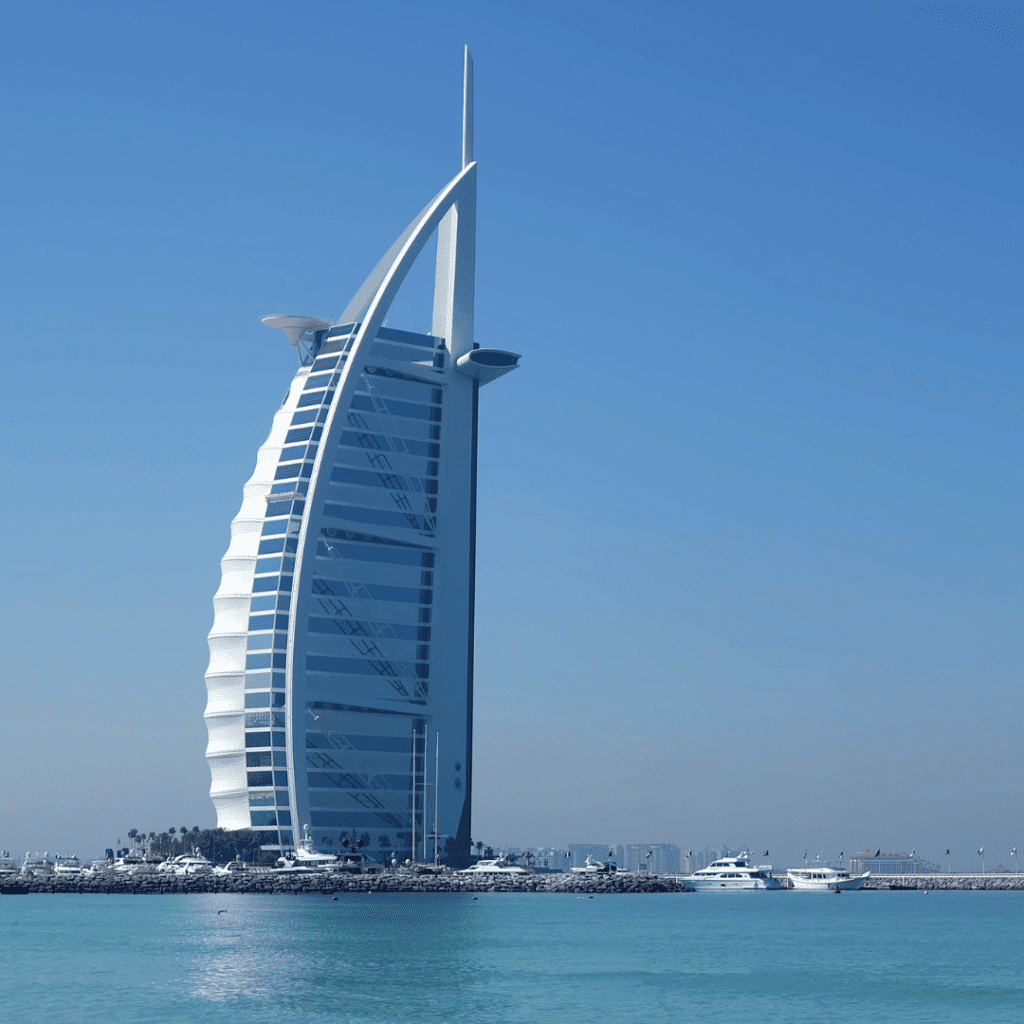The UAE has started thriving in non-oil sectors in the new normal and was also able to attract five million visitors even during the peak of the pandemic in 2020 by relaxing restrictions earlier than most countries, to ensure that lockdowns didn’t throw its tourism industry off track. Apart from being a destination for shoppers, those seeking healthcare services and now influencers, the UAE has also been attractive to a massive migrant workforce largely from Asia and Africa as well as parts of Europe and the US now, as diverse sectors are spreading roots in its economy. Expats make up 90% of the UAE’s total population, and a large number of them are drawn to the country for a better lifestyle, a strong infrastructure, better wages and public services, which are now assisted by technology since Dubai and its neighbouring Emirates are all aiming to form a cluster of smart cities in the desert. In a digital future, the UAE is ready to support innovation with a thriving digital infrastructure and one of the fastest internet connections in the world, which also helped the country’s residents benefit from e-commerce and digital payments, along with other remote services to work remotely, during the pandemic.
But as the UAE becomes a well known and globally accepted trade as well as manufacturing hub, the country is also focusing on upgrading its norms related to taxation, sharing of financial data, anti-money laundering and most importantly the protection of labour rights. To ensure compliance, the country is once again relying heavily on technology, which it has developed by adopting innovative solutions created in different parts of the world, while it has initiated AI courses and tech studies to create a future focused talent pool of its own. But till the time the UAE attracts global talent via initiatives such as 100,000 golden visas for coders who are expected to help set up 1000 new digital businesses in the UAE, the country is determined to make sure that expats are secure and confident about their rights in the country. Beyond tech, the UAE has also started offering golden visas to creative talent, investors and innovative entrepreneurs in the country, who get tech as well as financial support in startup hubs such as Hub71 and also more than 40 free zones, where ease of incorporation and quicker banking services are prioritised.
This brings us to benefits that the UAE extends to companies which are bringing in workforce from abroad, for the development of the data economy and other sectors in the country. As part of a strategy to attract 300 digital businesses to the UAE, authorities offer entrepreneurs bulk visas, as well as subsidies on real estate, so that they can easily shift their existing workforce to the UAE from any part of the world, or just hire fresh talent from different nationalities. Once the workforce has arrived in the UAE, business owners who have more than 50 employees can also apply for bulk labour cards, which are work permits, to kickstart their business instantly. The UAE has also formed partnerships with online platforms in order to speed up the visa procedure for expat workers, and is now offering visas for job seekers who can stay in the Emirates for 60 days, without requirement for a host and apply through a unified platform, so that businesses have access to a global talent pool which can be hired quickly.
At the same time, the UAE has a steady framework to protect the increasing number of people working in the UAE, which includes strict adherence to notice periods of 15 days for employees who have been terminated by a business, and permission for expats to stay in the country for three months after leaving a job. Students and people returning to the workplace can also benefit from job sharing and maternity leave policies have also been upgraded. More importantly, workers can also have one day paid leave per week to look for new jobs in the UAE, and are also entitled to health insurance, which is a better alternative for guarantee funds for employers, who get to maintain their liquidity while paying premiums.
To protect these rights and to make sure that disputes are swiftly resolved, the UAE has also introduced virtual labour courts, which are resolving issues quickly and remotely from free zones in the country. At the same time the Ministry of Human Resources and Emiratisation is also keeping an eye out for violations of labour laws such as the Wages Protection System, through physical inspections and electronic monitoring. Businesses may be penalised for non-compliance, depending on the delay in payment, as well as size of a business and the percentage of employees who havent received salaries. Companies not paying their employees for four months, will first face a suspension in issuance of work permits, and then will be fined for the delay if they repeat the offence after six months. The penalties will be applicable not just to one business, but other ventures operated by the same owner in the UAE under the WPS, which is created to ensure regular salary payments.
The authorities also allow exemptions from WPS to companies employing sailors or employees in subsidiaries abroad, since they are to receive payment outside the UAE. Previously banks, cabs owned by Emirati nationals and fishing boats owned by Emiratis were also exempt.
By ensuring compliance to labour regulations, the UAE can support business development by maintaining a steady inflow of global talent that entrepreneurs can benefit from in an evolving trade and industrial hub.

